The Mask of Ambiguity
I’m privileged. I walk through life ethnically ambiguous knowing that I can’t experience islamophobia just by walking down the street, but also knowing that behind the looks on people’s faces are microaggressive questions about “what I am.” My classroom is no exception.
Being Muslim and Arab is something I have to reveal to my students. Being Palestinian is something else entirely that I have yet to find a way to discuss fully, but I’ll leave that for another day. Before I started teaching, I thought maybe I should just wear hijab so that my students would know from day one and I can get it out of the way.
It’s a weight.
It’s a weight when you know with almost complete certainty that you are most likely the only Muslim and Arab teacher they have ever had. I know everyone has their biases, including my students. And I know that it becomes my responsibility to detangle these biases in a way their other teachers may not have access to.
“Ms, you look Latino.”
“Ms, do you speak Spanish?”
“Ms, where are you from?”
My own experiences in public school (and life in general) have trained me to hold my breath in anticipation as I wait for the response. Growing up, I learned that people’s reactions can quickly become racist, aggressive, and exhausting. This revelation to my students has gotten me everything from an excited and connected “I’m Muslim, too!” to a premature and unnecessary “Oh! So you’re foreign?” to a judgmental and questioning “But you’re not a real Muslim” to questions about violence and terrorism.
“We carry the weight of representation on our shoulders every single day.”
Clearly some reactions require more damage control than others, but ultimately my thought process is the same: we carry the weight of representation on our shoulders every single day. You have to defy stereotypes without creating new ones. You have to explain your own identity without generalizing your experiences. You have to be nuanced with every move you make while the rest of what students see is the furthest thing from nuanced. You have to explain to people that just because you don’t “look” like the stereotypical Muslim doesn’t mean the choices that you’ve made are in some attempt to assimilate and distance yourself from your faith or culture. And, of course, you also have to do everything else that teaching requires.
And I’m privileged, I know. While islamophobia is absolutely something I experience once people know my identity, it’s not something I have to constantly think about until I choose to reveal it. For my students, however, I am an opportunity to humanize a group of people that is generalized into the adjectives “dangerous” and “oppressed.” It allows me to force them to question where their own generalizations come from. I see their curiosity as they enter my classroom on the first day of school, see my name on their schedule, and try to place me as quickly as they can.
“...vulnerability is such a crucial piece in developing empathy and solidarity”
In my current year teaching, I waited until the third month of school to reveal to one particular class that I was Arab and Muslim. I watched the flash of 27 pairs of eyes go from shock, to confusion, to then reflection on their own assumptions. I use my identity as a gateway to having complicated conversations with my students about biases and generalizations. It’s become a mask that I wear to intentionally insist that the people around me unpack the boxes that they place Muslims into. What I’m so grateful to have found in my students is such a beautiful willingness to both discuss their curiosity and admit the ways that they were limited in their thinking before. They become a reminder that exposure and conversation can push us so far. That vulnerability is such a crucial piece in developing empathy and solidarity.
I’m still navigating this space that I occupy and the responsibility that I have. Any other ambiguous looking teachers dealing with this sort of double consciousness?
Luma Hasan holds a Bachelor's Degree from Rutgers University-New Brunswick in History and a Master’s Degree in Social Studies Education from the Rutgers Graduate School of Education. She is currently a high school social studies teacher in New Jersey.
